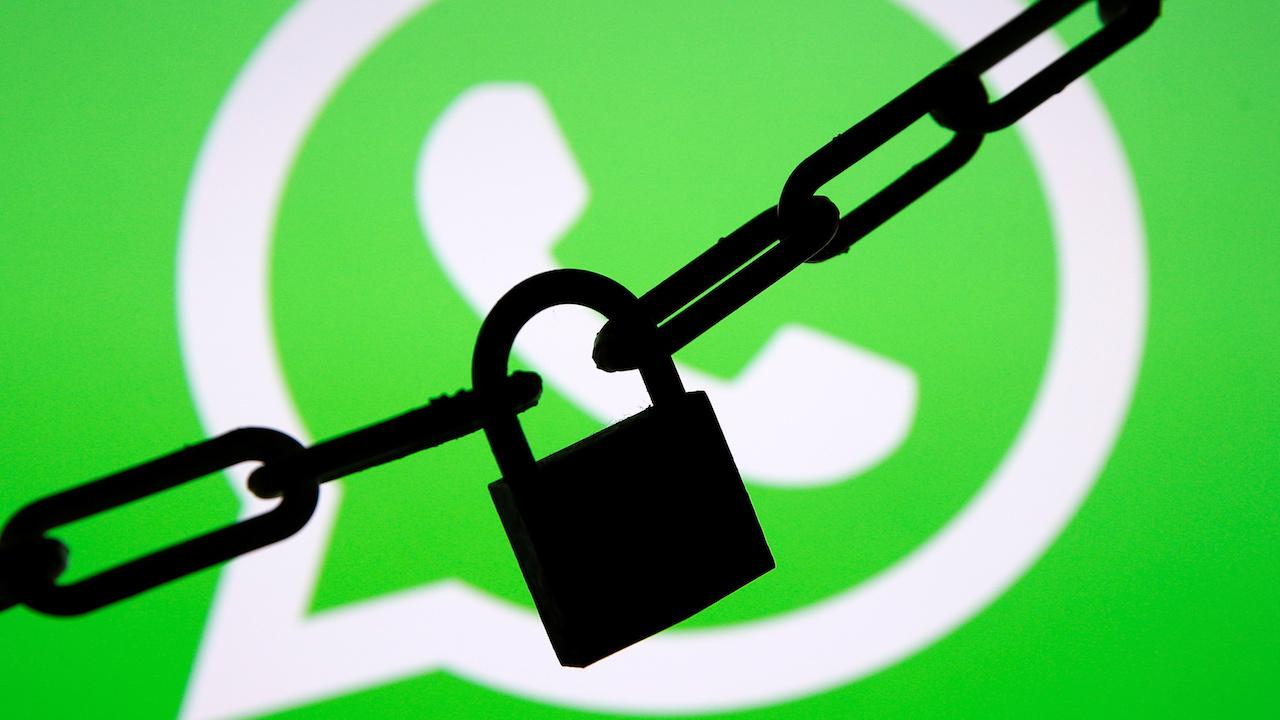The UK targets WhatsApp encryption after London attack
The UK says WhatsApp encryption shouldn't be able to hide everything.
The British government said Sunday that its security services must have access to encrypted messaging applications such as WhatsApp, revealing it was used by the killer behind the parliament attack.
Khalid Masood, the 52-year-old Briton who killed four people before being shot dead in a rampage in Westminster on Wednesday, reportedly used the Facebook-owned service moments before the assault.
Home Secretary Amber Rudd told Sky News it was "completely unacceptable" that police and security services had not been able to crack the heavily encrypted service.
"You can't have a situation where you have terrorists talking to each other — where this terrorist sent a WhatsApp message — and it can't be accessed," she said.
Police said Saturday that they still do not know why Masood, a Muslim convert with a violent criminal past, carried out the attack and said it was likely that he acted alone, despite a claim by the Islamic State group.
"There should be no place for terrorists to hide," Rudd said in a separate interview with the BBC.
"We need to make sure that organizations like WhatsApp — and there are plenty of others like that — don't provide a secret place for terrorists to communicate with each other."
She said end-to-end encryption was vital to cyber security, to ensure that business, banking and other transactions were safe — but said it must also be accessible.
"It's not incompatible. You can have a system whereby they can build it so that we can have access to it when it is absolutely necessary," she told Sky News.
Rudd said she did not yet intend to force the industry's hand with new legislation, but would meet key players on Thursday to discuss this issue, as well as the "constant battle" against extremist videos posted online.
"The best people — who understand the technology, who understand the necessary hashtags — to stop this stuff even being put up, not just taking it down, are going to be them," she told the BBC.
US authorities last year fought a legal battle with tech giant Apple to get it to unlock a smartphone used by the perpetrator of a terror attack in California.
The FBI's own experts ended up breaking into the device.
Social media giants are also coming under pressure over extremist content posted on their sites.
Germany this month proposed fining social networks such as Facebook if they fail to wipe illegal hate speech from their sites.
Meanwhile Google has faced a boycott by companies whose adverts appeared alongside extremist content on its internet platforms, particularly its video-sharing site YouTube.
